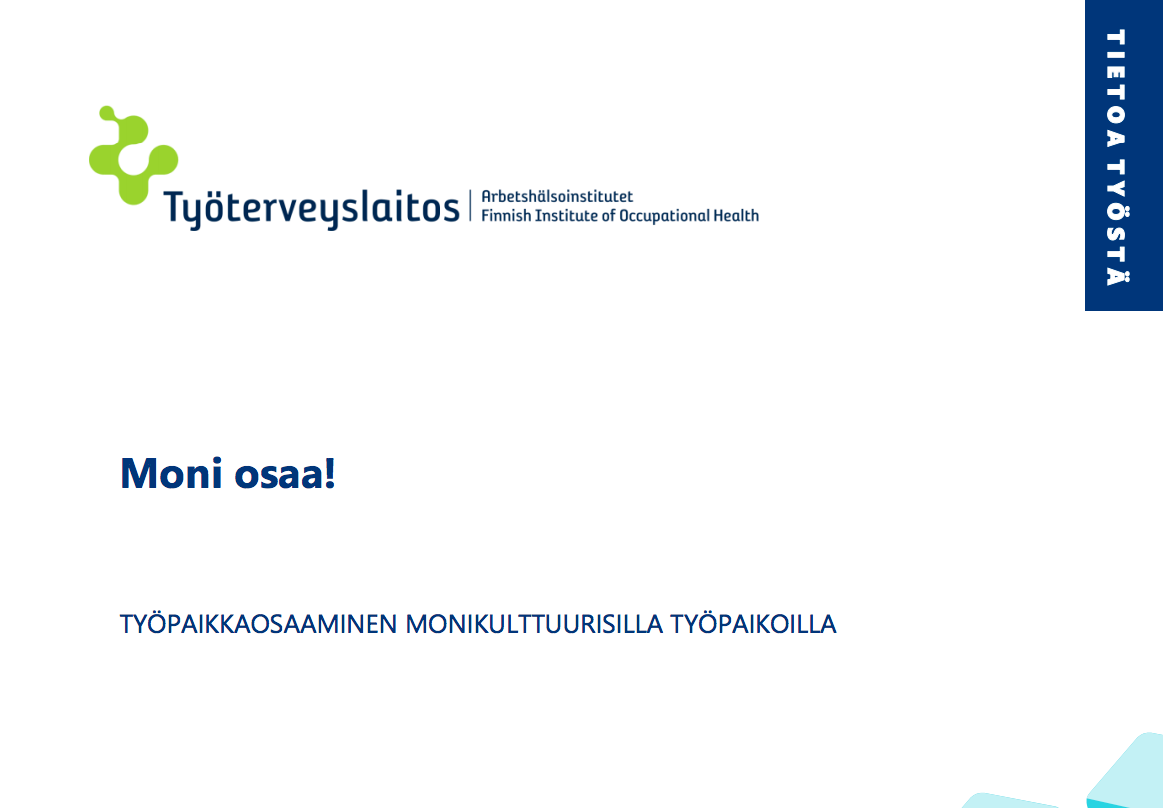OPEN CALL for a Blog Article
Would you be interested in writing an article about your life as a foreign-born artist or cultural worker in Finland, during the Coronavirus outbreak? How has the pandemic affected your livelihood and/or your environment? Globe Art Point selects and publishes four blog contributions during April and May 2020. The blogs will be published on https://globeartpoint.fi/category/blog/ 150 euros will be paid for each published article. The recommended length of the article is 500 to 1500 words. Please send the proposed article…








